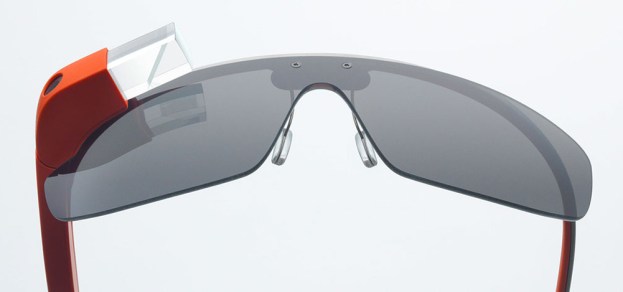
Months before its official release, the backlash against Google’s next gen headset Google Glass seems to be gaining momentum. Last week, an online “Stop the Cyborgs” campaign launched to raise concerns about the impact of the hands-free Internet devices on society and, in an even broader sense, humanity as a whole. Now, individual states are getting in on the act by considering the legality of the new hardware: West Virginia has introduced legislation that could see Glass being banned before it ever arrives in stores.
The legislation in question is an amendment to an existing law governing the use of cellphones while driving. Introduced to the West Virginia House of Delegates by Republican member Gary Howell, H.B. 3057 is described as “a bill to amend and re-enact §17C-14-15 of the Code of West Virginia, 1931, as amended, relating to traffic safety; specifically, establishing the offense of operating a motor vehicle using a wearable computer with a head-mounted display.”
Specifically, the law broadens the description of devices outlawed while operating a motor vehicle to include “a cell telephone, personal digital assistant, electronic device with mobile data access, laptop computer, pager, broadband personal communication device, 2-way messaging device, electronic game or portable computing device.” The third of those, of course, would include Google Glass.
“Last [legislative session], we were working really hard on the ‘no texting and driving’ [aspect], saying you couldn’t use a handheld device,” Howell told Ars Technica about the change. “I got to looking at Google Glass, and the way [our bill is] written, a headset is a hands-free device. So we’re going to have people driving down the road, texting and watching videos, not paying attention to what they’re doing.”
Howell shrugged off reports likening Glass to the visual input fighter pilots receive via their visors. “In a jet fighter you’re displaying information that is critical to the operation of the vehicle. Also, pilots are talking about information overload, and they received $1 million in training to fly that thing.”
He went on to pursue the idea of “critical information” being okay, whereas Glass’s access to the Internet as a whole would be overwhelming. “It probably would work well for [single-use navigation] applications, but the problem is that that’s not all [Glass] does,” Howell said. “If you had a dedicated GPS unit, then you’re probably OK. [With Google Glass,] you can watch videos. You can get texts from people. That creates the safety problem.”
In response to the legislation, a Google spokesperson said that the company “believe[s] there is tremendous potential to improve safety on our roads and reduce accidents,” adding that it is “putting a lot of thought into the design of Glass because new technologies always raise new issues.” And, it seems, new laws, as well.
Editors' Recommendations
- Google Glass is back? In spirit, yes
- Google witness accidentally reveals how much Apple gets for Safari search
- Google Chrome gets one of Microsoft Edge’s best features
- Google Lens is getting Chrome integration to help you find out-of-stock products
- How to get Google Earth Pro for free


